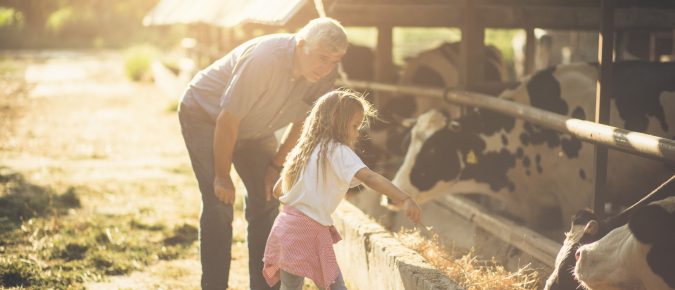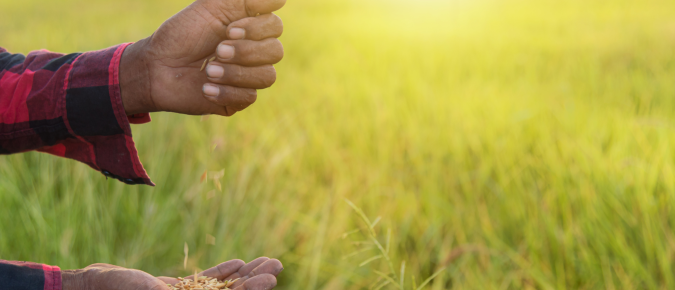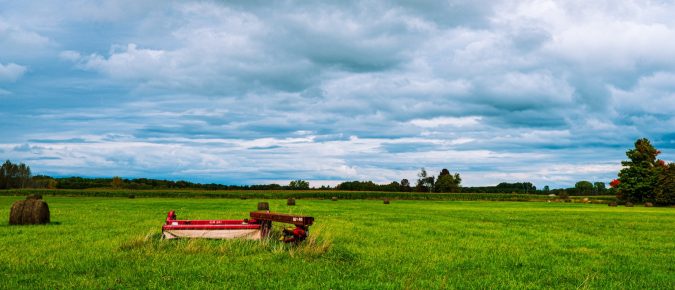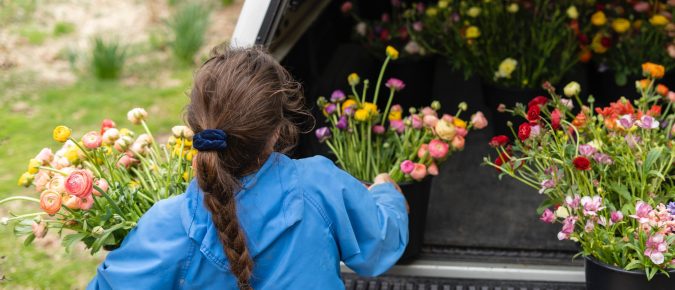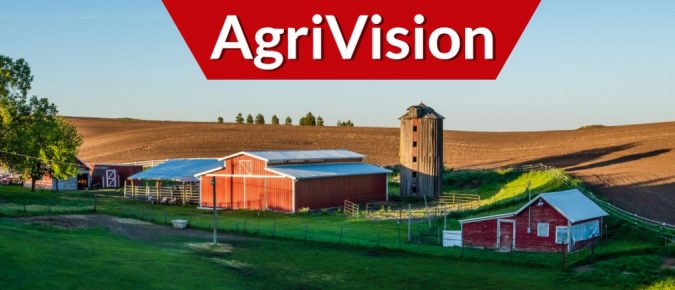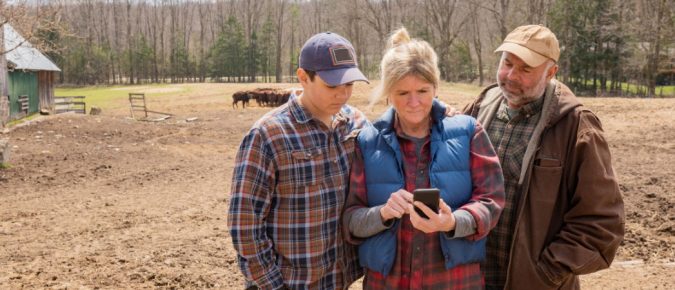The possibility of a next-generation joining the farm can be an exciting time; yet change, even positive change, can be stressful. Farm succession and its many components is sometimes overwhelming for farm families.
The takeaways of this video are: What is a business model? How can you use the business model canvas to flesh out your business idea? And how do you explain the value that you bring?
Entrepreneurship supports the overall higher GDP for cities and counties, and it’s an opportunity to support underserved and marginalized populations to get out of poverty and reduce their dependence on welfare. Entrepreneurs tend to also be able to provide a lot of innovative products as well as services. Often they will fill niches that may not exist in the community, such as ethnic grocery stores.
The first step in determining the feasibility of a business idea is objectively defining what success looks like, preferably using measurable numbers. Unsurprisingly, time and money tend to be most people’s biggest constraint.
Take the next step by Establishing Your Values and Purpose – Strategic Thinking for the Farm Business Getting Expert Advice When Starting a Farm Business Set Your Farm Strategy with Daily Habits What is Strategic Thinking? Extension Food Business Development
Productive farmland is an increasingly rare and valuable resource. Thinking ahead and having a plan in place for the legacy of the land is one of the most important decisions to make as a landowner. This article aims to “demystify” the new generation of farmers so that current landowners have a better understanding of who they are and ways we can make land more accessible to them for the benefit of everyone.
Protecting Farmland for the Future. Farmers invest a lot of time, money, and energy into their land and, when it comes time for retirement, they often worry that the land may someday be covered in asphalt. An agricultural conservation easement (ACE) can provide a retiring farmer with the assurance that the land will forever be available for agricultural use. An ACE is a permanent deed restriction that allows future farmers to continue farming the land, but typically prevents subdivision and non-farm agricultural development. An ACE may not be right for everyone, but it can be a helpful tool to consider when planning for the future of your farmland.
Buy-Protect-Sell (BPS) is a land transition model that can help farmers without heirs transfer property to a new generation of producers. In this model, a farmer sells their land to a land trust, who then protects the property with an agricultural conservation easement. In this article, you will learn what Buy-Protect-Sell is through the story of a retiring landowner and a land-seeking family, how it may benefit your farmland legacy, and if your farm could be the right fit.
For business owners, managers and employees, days are full of endless decisions and actions that affect the health, success and future of ourselves and our businesses. These choices can start to feel like they’re piling up, which creates pressure, stress and a feeling of foreboding that can negatively impact how we make (or put off making) decisions.
Part II of this article series discusses how to clear obstacles that litter the path to implementing important decisions on the farm through the use of Fishbone Diagram and Forcefield Analysis.
Business strategies are practical actions that communicate how a business plans to reach its goals. Thinking strategically about the farm business as a whole helps determine emerging themes, issues, patterns, and opportunities. Learn how to complete a SWOT Analysis for your farm.
Part I of this article series introduces “The Memory Jogger” booklet and how brainstorming and nominal group technique can help generate your farm’s next great idea.
Many commodity farms face a fork in the road at some point. The status of their physical infrastructure, labor availability, size, age, or other factors create a time where they must decide to invest in economies of scale or use their resources they have in a more value-added way. Those who invest in economies of scale are […]
Host Katie Wantoch and Jerry Clark, Associate Professor and Agriculture Agent with Extension in Chippewa County, discuss the purchase of an ag bagger between a farmer and his neighbor, operating agreements, and managing forage quality.
Farmers track and plan for evolving market conditions only to have a something like a global pandemic further disrupt markets and raise concerns of worker safety. Wisconsin farm leaders have adapted, and they continue to make decisions amid increasingly complex circumstances making it necessary to lead from a well-constructed strategy. Most farm leaders stay on […]
Host Katie Wantoch and Kaitlyn Davis, Extension Agriculture Educator in LaCrosse County, discuss and offer tips for a couple’s plans for selling their cows and retiring from farming.
Business values influence the farm’s goals and priorities. It is important to be able to recognize differences in the values of owners, stakeholders, managers, and other key personnel and have a process through which each is willing to compromise if necessary, to arrive at mutually acceptable goals and decisions.
Strategic thinking is the intuitive, visual, and creative process you use to make decisions about your farm business. Strategic thinking is all about thinking ahead, anticipating what your competition is going to do, and then taking risks to succeed.

